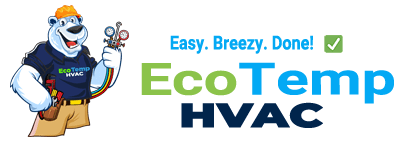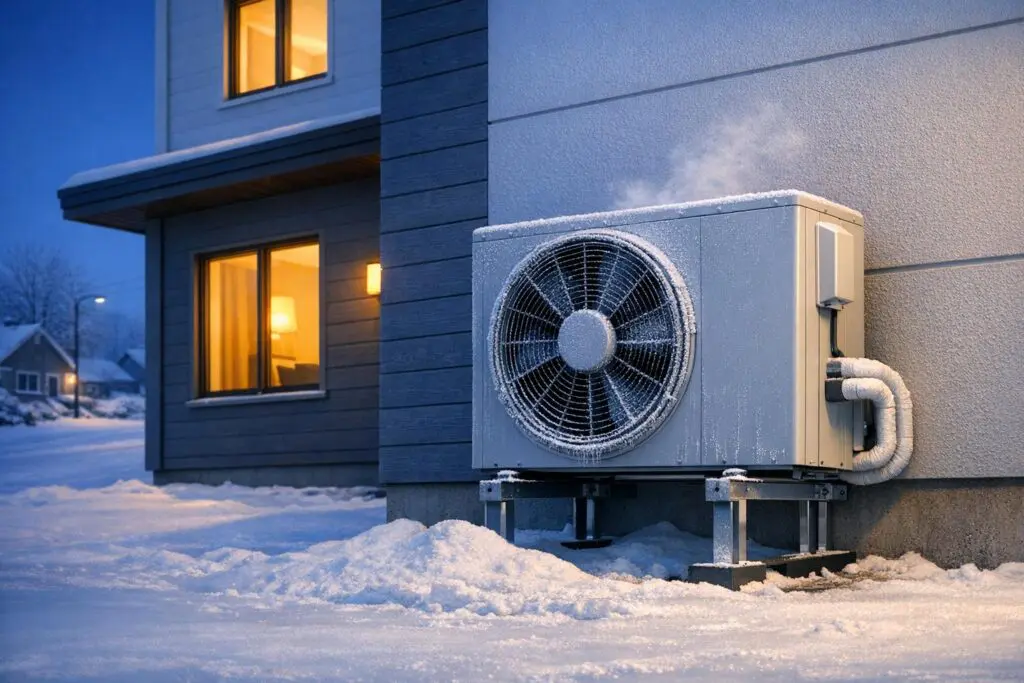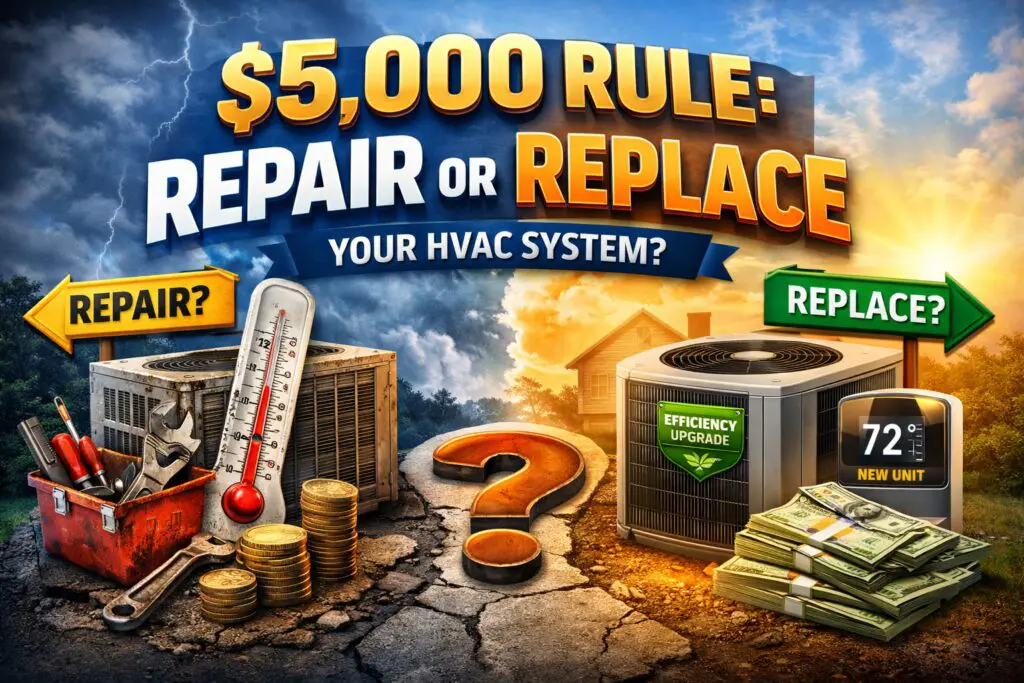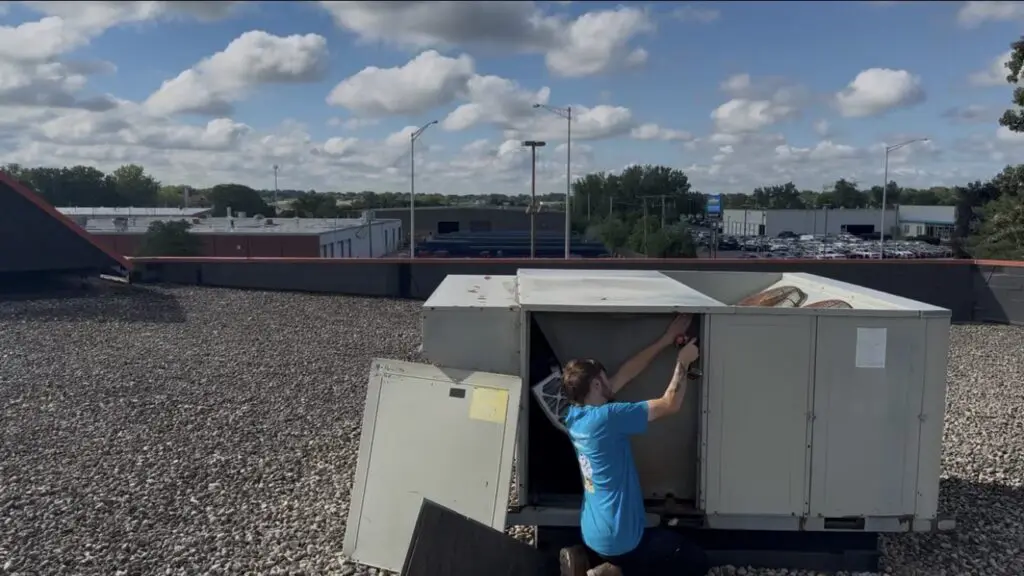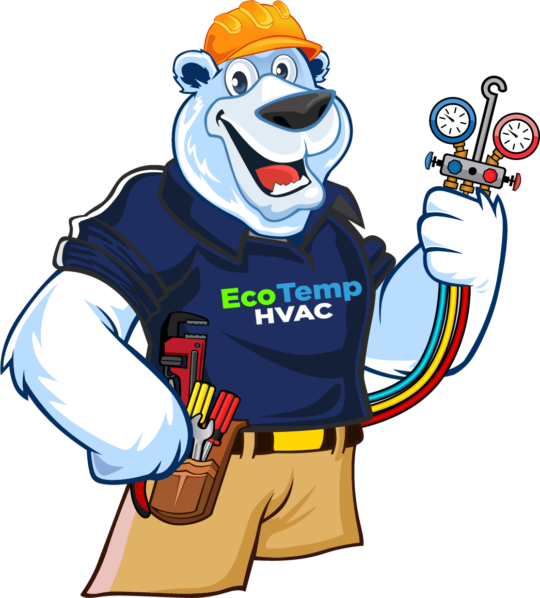Understanding HVAC Energy Efficiency for Your Home
When it comes to keeping your home comfortable, your heating and cooling system plays a starring role—but it can also be a major energy hog if it’s outdated. Many homeowners don’t realize how much money slips away due to inefficient HVAC units, especially those installed over a decade ago. By evaluating your system’s performance, you can uncover opportunities to save on utility bills and reduce your environmental footprint.
Why Efficiency Matters
Older systems often have lower efficiency ratings, meaning they burn through more energy to maintain your desired temperature. This isn’t just tough on your wallet; it also strains local power grids. Tools like an energy cost estimator can break down how much you’re spending and highlight the benefits of switching to a modern, high-performing unit. Beyond the financial upside, newer models often come with smart features for better control over your home’s climate.
Taking Action
Start by assessing your current setup. Knowing your system type, age, and local weather patterns helps paint a clear picture of its effectiveness. From there, you can weigh the cost of an upgrade against long-term savings. Small steps today can lead to big rewards tomorrow, keeping both your home and budget in great shape.
FAQs
How accurate are the savings estimates from this calculator?
Our tool provides a solid ballpark figure based on industry-standard efficiency ratings and typical energy waste for older systems. Things like your home’s insulation or usage habits can affect the real numbers, though. Think of this as a starting point—always chat with a local HVAC pro for a detailed assessment before making big decisions.
When should I consider upgrading my HVAC system?
If your system is over 10-15 years old, it’s likely operating well below modern efficiency standards. You might notice higher bills or uneven heating and cooling too. Upgrading to a high-efficiency unit can save you hundreds annually, especially in extreme climates. Use our tool to see if the savings justify the upfront cost for your situation.
What’s a good efficiency rating for a new HVAC system?
Look for systems with a SEER (Seasonal Energy Efficiency Ratio) rating of 16 or higher for cooling, or an HSPF (Heating Seasonal Performance Factor) of 8.5 or more for heat pumps. These ratings mean the unit uses less energy to keep your home comfy. Newer models often exceed these baselines, so you’ve got plenty of options to maximize savings.
